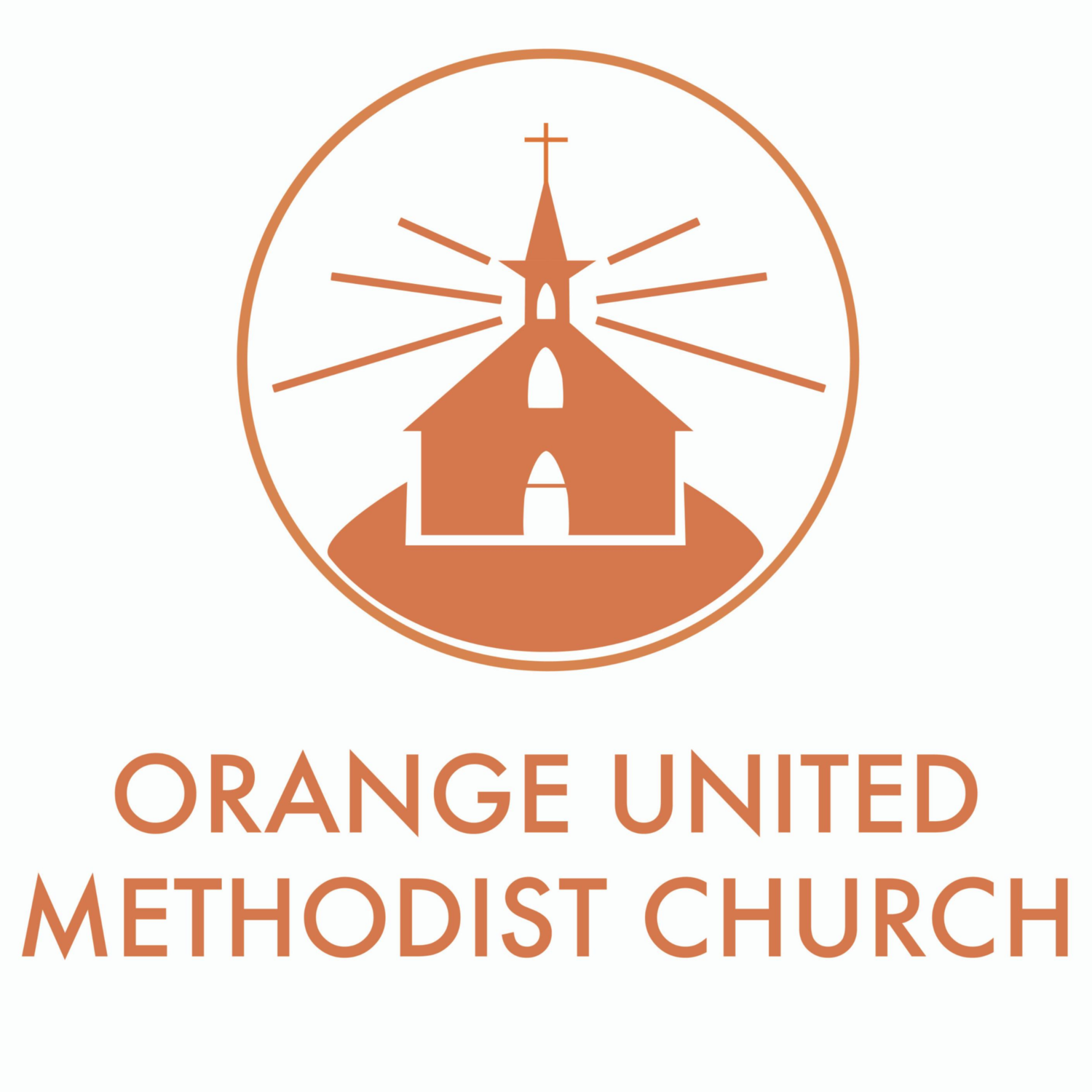What We Believe

Orange UMC affirms and follows the Social Principles of the United Methodist Church. Please read them here: https://www.umcjustice.org/documents/124↗
Orange UMC welcomes everyone as beloved children of God. We affirm the value and dignity of all people; we are all created in the image of God. We are committed to providing an inclusive and supportive environment, free from discrimination and harassment, where all can grow spiritually.
We believe that everyone has a place in God’s story! We seek to be a home that intentionally welcomes, nurtures, equips, and sends all people so that they can find their place in God’s family, their community, and the world. Everything that we do as a church is pointed toward fulfilling that vision and mission.

God
We believe that there is only one living and true God, existing eternally in the three persons of the Trinity.
God loves and cares for every life and is like a loving parent. While we often refer to God as “Father”, we find that God is also described in the Bible like a nurturing and caring mother.
Jesus Christ
We believe in Jesus Christ, only Son of God who was born to the Virgin Mary, was both fully human and fully divine. Christ took on human flesh, and though he was still divine, he experienced the full condition of human existence. He was crucified, died and buried, and on the third day was resurrected. Through his life, death and resurrection, we are offered forgiveness of sin and abundant life. The life of Jesus Christ is our example for how to live a Christian life.
The Holy Spirit
We believe in the Holy Spirit, the third member of the triune God, is continually at work in our world today and in our lives. The Spirit of God is described in the Bible to be like a wind. We may not know where it comes from or goes, but we feel its effects. Through the Holy Spirit, God is present with us, guiding us, encouraging us and helping us to grow.

The Bible
The Christian Bible is a library of 66 books, letters, poems, and songs compiled over the span of thousands of years. The Hebrew Bible (often referred to as the Old Testament) comprises the books of the Law, the Prophets and the Writings. The New Testament, comprises the gospels of Jesus Christ, the stories of the early apostles and letters written to various spiritual communities. When reading the Bible, it is important to consider several questions:
What did this passage mean to the original audience?
What does it mean in conversation with other texts from the Bible?
How could God be using this text to speak to me, my loved ones and my community?
The authority of the Bible is not something magical, rather it has been “tested by faith [and] proven by experience.” As John Wesley said, the scripture contains “all things necessary to salvation”. We believe that the Holy Spirit guides us as we interpret the scripture and seek to discover meaning for our lives today.

The Christian Life
-
In the Methodist tradition, we believe in what is called “The Way of Salvation”. This may sound like a magical term, but in actuality, it is our understanding of how God works in and transforms our lives. It is less a series of clearly defined steps and more what we believe are the expressions of God’s grace in the Christian life. One common way that this process is described is as visiting a house, with the different rooms and aspects of the house related to the different parts of the Way of Salvation.
-
Prevenient grace, or “grace that goes before” is our understanding of how God is already present in our lives, our relationships, our communities and our world. We can feel this through the love shared between family or friends, a community working to meet the needs of one another, and even in nature itself. In the metaphor of the house, prevenient grace is likened to being drawn toward the house, the moments on a road that point you toward it, and a porch that invites you to come inside.
-
Justifying grace is the work that God does to reconcile us back to God, and to one another. John Wesley, the founder of Methodism, understood this grace as a deep and profound trust that he was accepted by God, and that God had forgiven his sins. We believe that this reconciliation is something that cannot be earned and is instead something to be embraced. Justifying grace is a like a door into the house of God. There is no way to earn an invitation inside, because all are already welcome. To cross the threshold and enter the house is to embrace a new way of living.
-
We believe that the work of grace does not stop at the moment we accept God. Sanctification is the word that we use to describe the ways in which we are nurtured by God over the course of our lifetime. John Wesley spoke about striving toward Christian Perfection. This does not mean that if we accept God, that we could never make mistakes and live a perfect life. Rather, Wesley believed that the Holy Spirit works in our lives to guide us and teach us so that we continue to grow. Sanctifying grace is to be drawn further into the house of God, to explore its hallways and rooms and to grow closer to God.

Baptism
At Orange UMC, we believe that baptism is an integral part of the Christian experience. Baptism is said to be “an outward sign of an inward grace”, meaning that the water itself is not magical, instead it symbolizes the washing away of our sins and our acceptance of the loving compassion of God. This is not just a personal act, but also a communal one. During the baptism ceremony, the individual affirms their desire to “repent of their sin... to resist evil, injustice and oppression... and to trust in Jesus Christ”. After these vows, the community reaffirms their own baptismal vows, as well as their commitment to the baptized person, to nurture and care for them.
Among the first Christians, the act of baptism was meant for people of all ages, genders and ethnicities. We too believe that anyone who desires to be baptized can do so here as a part of the OUMC community.

Communion
At Orange UMC, we practice Open Table communion. We believe that everyone is welcome to the table of God. This invitation to the communion table is from God, so we do not have the right, or the desire to turn anyone away. All are most welcome to receive the elements. We believe that the bread and juice that we share represent the body and the blood of Jesus Christ, that he freely offered to all.
We share from a single loaf of bread. After the bread is broken, and shared with an individual, they then dip it into the juice. We intentionally use juice, as a practice of the United Methodist Church, to stand in solidarity with those struggling with alcohol abuse.
